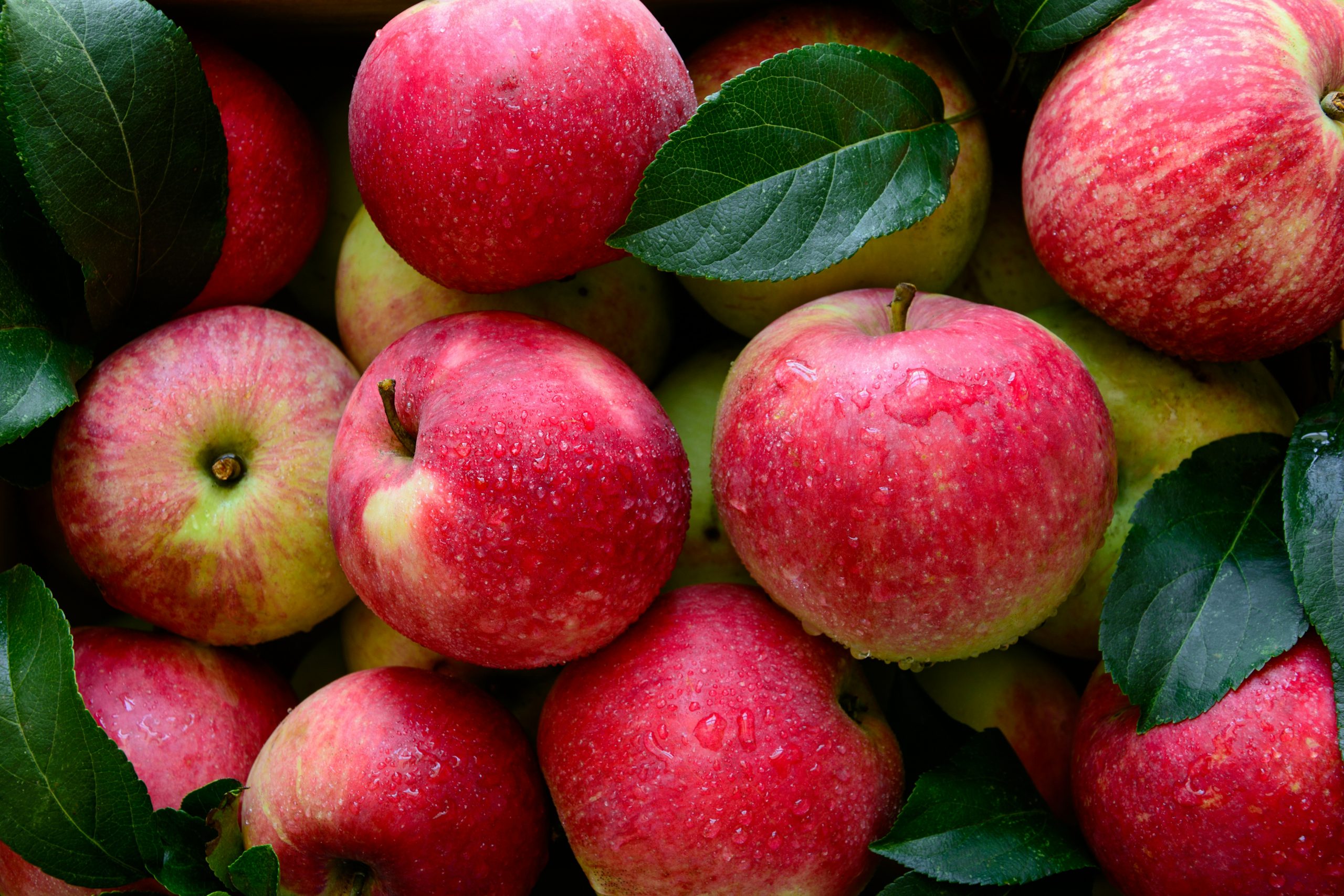Your garbage disposal is a hardworking kitchen appliance that often gets overlooked—until something goes wrong. Proper maintenance not only keeps it running smoothly but also helps prevent clogs, odors, and expensive repairs down the road. In this blog, we’ll cover a few simple tips to keep your garbage disposal in top condition, so you can enjoy a clean and efficient kitchen..1. Use Cold Water When Running the DisposalOne of the simplest rules for maintaining your garbage disposal is always to run cold water while using it. Cold water helps solidify any fats or oils that may be in your food waste, making them easier for the blades to break down. Hot water can cause grease to liquefy, which may lead to clogs down the line..2. Avoid Grinding Certain FoodsWhile garbage disposals are designed to handle many types of food waste, certain items can cause problems. To avoid clogs and damage, never put the following down your disposal:.
- Fibrous vegetables (like celery, onion skins, or corn husks) – These can wrap around the blades.
- Starchy foods (like potato peels or rice) – These can form a paste that clogs the pipes.
- Large bones – These are too hard for the blades to break down.
- Grease and oil – These can solidify and cause clogs.
Stick to soft, small food scraps and use your trash or compost for the rest..3. Clean It RegularlyKeeping your garbage disposal clean is essential to avoid unpleasant odors and keep it functioning properly. Here’s how to clean it effectively:
- Citrus peels: Throw a few lemon or orange peels into the disposal and run it with cold water. The natural oils will freshen up your kitchen and help break down any food stuck on the blades.
- Baking soda and vinegar: Pour half a cup of baking soda into the disposal, followed by a cup of vinegar. Let it sit for a few minutes, then flush with hot water. This combination helps break down grease and removes odors.
.
4. Grind Ice to Sharpen the Blades
Running a handful of ice cubes through your garbage disposal every few weeks is a great way to keep the blades sharp. The ice helps to scrape away any debris or food particles stuck on the blades and can improve the disposal’s overall performance. For an added bonus, add some rock salt with the ice for extra cleaning power..5. Avoid Overloading the DisposalYour garbage disposal is not designed to handle large quantities of food waste all at once. To prevent clogging and ensure smooth operation, feed your disposal slowly, adding small amounts of food at a time. This allows the blades to grind effectively and prevents jams..6. Run the Disposal RegularlyEven if you don’t use your garbage disposal every day, it’s important to run it regularly. This helps prevent rust and keeps parts from seizing up. Running the disposal with cold water for a few seconds after every use ensures that everything is properly flushed through the system..7. Use a Disposal Cleaner When NecessaryIf you notice a persistent odor that won’t go away with the typical cleaning methods, you can use a commercial disposal cleaner or degreaser. These products are specially formulated to break down any buildup inside the disposal and leave it smelling fresh..8. Know When to Call a ProfessionalWhile regular maintenance can extend the life of your garbage disposal, sometimes a professional plumber is needed. If your disposal stops working, makes strange noises, or continuously clogs, it’s a sign that something more serious may be wrong. In these cases, don’t hesitate to call in an expert to diagnose the problem and make any necessary repairs..In SummaryMaintaining your garbage disposal doesn’t have to be a daunting task. With a few simple habits—like using cold water, avoiding problematic foods, and cleaning it regularly—you can keep your disposal running smoothly and extend its lifespan.Whether you’re a seasoned homeowner or renting your first place, following these tips will ensure your garbage disposal remains a convenient and hassle-free tool in your kitchen!

Twin Cities Attractions & Events
The Best Places to Go Apple Picking in Minnesota
As the crisp autumn air starts to settle in and the leaves begin to turn vibrant shades of red and gold, there’s no better way





